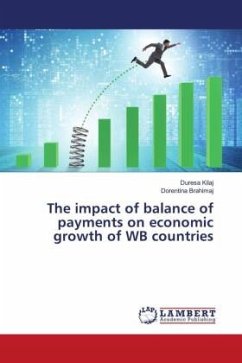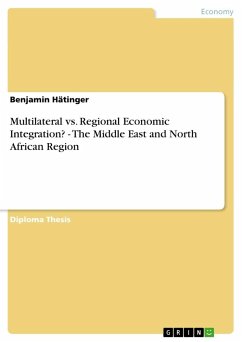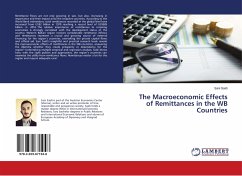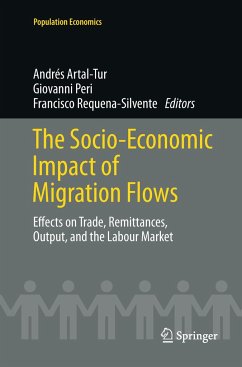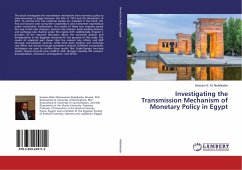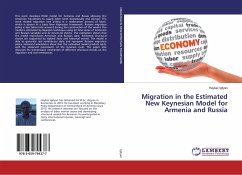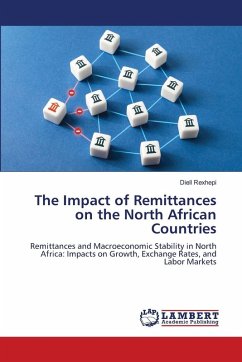
The Impact of Remittances on the North African Countries
Remittances and Macroeconomic Stability in North Africa: Impacts on Growth, Exchange Rates, and Labor Markets
Versandkostenfrei!
Versandfertig in 6-10 Tagen
29,99 €
inkl. MwSt.

PAYBACK Punkte
15 °P sammeln!
Remittance inflows have emerged as a significant source of external finance for developing economies, particularly in North Africa. As globalization accelerates labor mobility, remittances play an increasingly critical role in shaping macroeconomic dynamics, from GDP growth to labor market structures. This paper examines how remittances impact economic stability in Egypt, Morocco, Tunisia, and Algeria, analyzing key channels such as exchange rates, inflation, balance of payments, and labor market participation. The study also evaluates national policies aimed at maximizing the developmental im...
Remittance inflows have emerged as a significant source of external finance for developing economies, particularly in North Africa. As globalization accelerates labor mobility, remittances play an increasingly critical role in shaping macroeconomic dynamics, from GDP growth to labor market structures. This paper examines how remittances impact economic stability in Egypt, Morocco, Tunisia, and Algeria, analyzing key channels such as exchange rates, inflation, balance of payments, and labor market participation. The study also evaluates national policies aimed at maximizing the developmental impact of remittance flows. The remainder of this paper is organized as follows: Section 1 reviews the literature, Section 2 describes the methodology, Section 3 presents the empirical analysis, Section 4 discusses policy implications, and Section 5 concludes.




